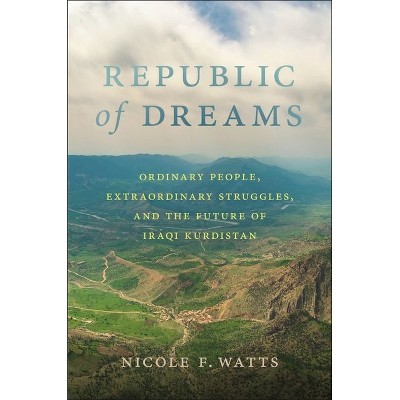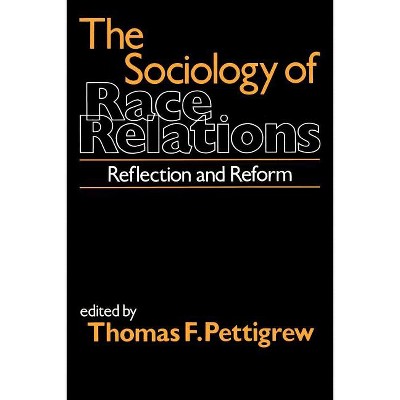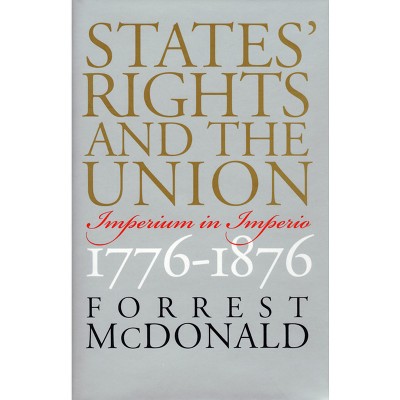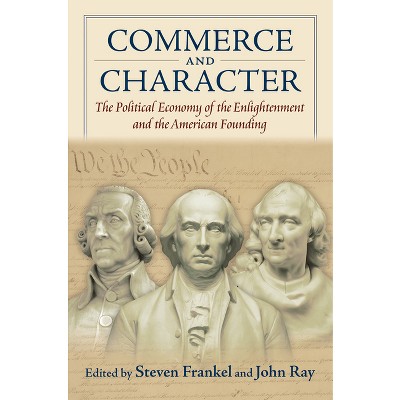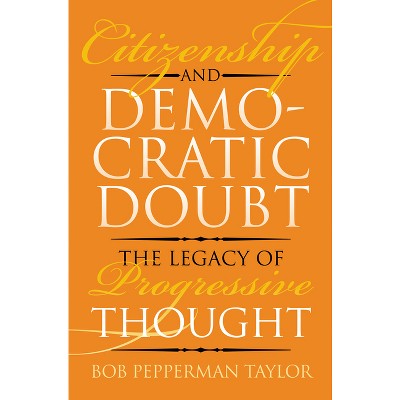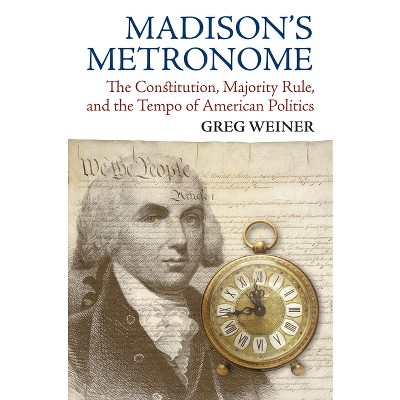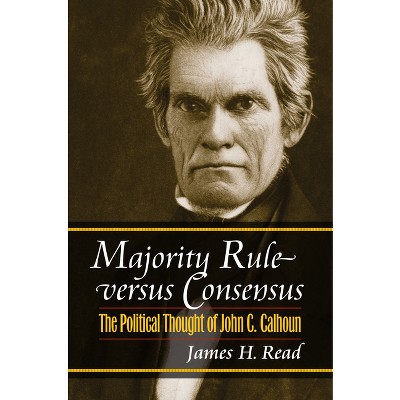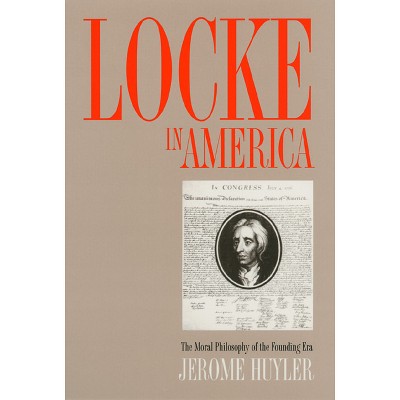Sponsored

Lyman Trumbull and the Second Founding of the United States - (American Political Thought) by Paul Rego (Hardcover)
In Stock
Sponsored
About this item
Highlights
- The Civil War and Reconstruction periods in United States history are widely viewed as a "second founding" of the nation, one that sought to bring the American regime into better alignment with the aspirations articulated at the first founding.
- Author(s): Paul Rego
- 336 Pages
- History, United States
- Series Name: American Political Thought
Description
About the Book
"The Civil War and Reconstruction periods in United States history are widely viewed as a "second founding" of the nation, one that sought to bring the American regime into better alignment with the aspirations articulated at the first founding. Among the figures involved in shaping this new start for the American republic, Lyman Trumbull played an instrumental role in the liberation of African Americans. He was the principal author and mover of the Thirteenth Amendment, which abolished slavery permanently throughout the United States. On the basis of the Thirteenth Amendment, he also authored the first civil rights legislation, including the Civil Rights Act of 1866, which Congress enacted to protect the fundamental rights of all Americans, regardless of race, color, or previous condition of servitude. Despite being arguably the greatest legislative architect of America's second founding, Trumbull later turned his back on the Reconstruction that he helped initiate. Worried that Reconstruction was going too far, he increasingly defended states' rights against the Radical Republicans. In this way, he perfectly personified his era. Paul Rego's study of Trumbull's political and constitutional thought is a much-needed exploration of this key figure in Reconstruction history. Like the framers of the first founding, Trumbull was complex and contradictory-a symbol of both the nation's rebirth and its lost promise, as responsible for the period's disappointments as he was for its triumphs. This is a long overdue book on one of the forgotten framers of the United States"--Book Synopsis
The Civil War and Reconstruction periods in United States history are widely viewed as a "second founding" of the nation, one that sought to bring the American regime into better alignment with the aspirations articulated at the first founding. Among the figures involved in shaping this new start for the American republic, Lyman Trumbull played an instrumental role.
As the chairman of the influential Senate Judiciary Committee, Trumbull advanced the most important legislation of both the Civil War and Reconstruction, including the First and Second Confiscation Acts, the Habeas Corpus Act of 1863, the 1866 Freedmen's Bureau Act, and the Military Reconstruction Acts. Most significantly, he was the principal author and driver of the Thirteenth Amendment, which abolished slavery permanently throughout the United States. On the basis of the Thirteenth Amendment, he also authored the Civil Rights Act of 1866, the nation's first civil rights law, which protected the fundamental rights of all Americans, regardless of race, color, or previous condition of servitude.
Despite being arguably the greatest legislative architect of America's second founding, Trumbull later turned his back on the Reconstruction that he helped initiate. Worried that Reconstruction was going too far and lasting too long, he eventually embraced a rigid and uncompromising view of states' rights, rejecting his own previous defense of the national government's ultimate power and responsibility to secure the privileges and immunities of US citizenship.
Paul Rego's study of Trumbull's political and constitutional thought is a much-needed exploration of this key figure in Civil War and Reconstruction history. Like the framers of the first founding, Trumbull was complex and contradictory--a symbol of both the nation's rebirth and its lost promise, as responsible for the period's disappointments as he was for its triumphs. This is a long overdue book on one of the forgotten framers of the United States.
Lyman Trumbull and the Second Founding of the United States examines the political and constitutional thought of Trumbull. Understanding Trumbull is essential to a comprehensive understanding of American political and legal development, especially during the Civil War and Reconstruction.
Review Quotes
"Rego provides an accessible, compelling, and timely new biography on the man who helped secure the Union and embodied both the successes and missed opportunities of Reconstruction."--H-Net Reviews
"Rego charts Trumbull's metamorphosis from one of the primary architects of Radical Reconstruction to one of its staunchest critics in the early 1870s. A skillful portrait of a crucial legislator."--Choice
"Lyman Trumbull was a key political player during America's formative Reconstruction period. He went from being a warm advocate for Reconstruction measures to a sharp critic of Presidential Reconstruction. Paul Rego's book provides needed perspective on this tumultuous period through a thorough, lively treatment of this forgotten framer of the Reconstruction amendments."--Scott Yenor, editor of Reconstruction: Core Documents
"Paul Rego has written an important book about an important figure at an important time in American history. Lyman Trumbull and the Second Founding of the United States highlights all the important debates over secession, the Civil War, and Reconstruction that took place while Trumbull was in the Senate as well as the important positions Trumbull took on those matters. Looking at those debates from a congressional view provides an underappreciated perspective on constitutional developments in the 1860s and early 1870s."--Mark Graber, Regents Professor, University of Maryland Carey School of Law
"Paul Rego's fascinating historical study explains the intellectual evolution and influence of forgotten framer of the Thirteenth Amendment, Lyman Trumbull. Rego lays out Trumbull's journey from being a moderate opponent of slavery prior to the Civil War to becoming a strong advocate for the Civil Rights Act of 1866, the Thirteenth Amendment, and the Freedmen's Bureau. In doing so, he recovers Trumbull's lost vision of a robust form of freedom resting on a comprehensive vision of citizenship and civil rights that the states would be required to respect and enforce. A must-read for anyone interested in understanding the law and politics behind Congress's debates over Reconstruction!"--Julie Novkov, professor and Collins Fellow, Departments of Political Science and Women's, Gender, and Sexuality Studies, University of Albany
Shipping details
Return details
Frequently bought together


Trending Non-Fiction






